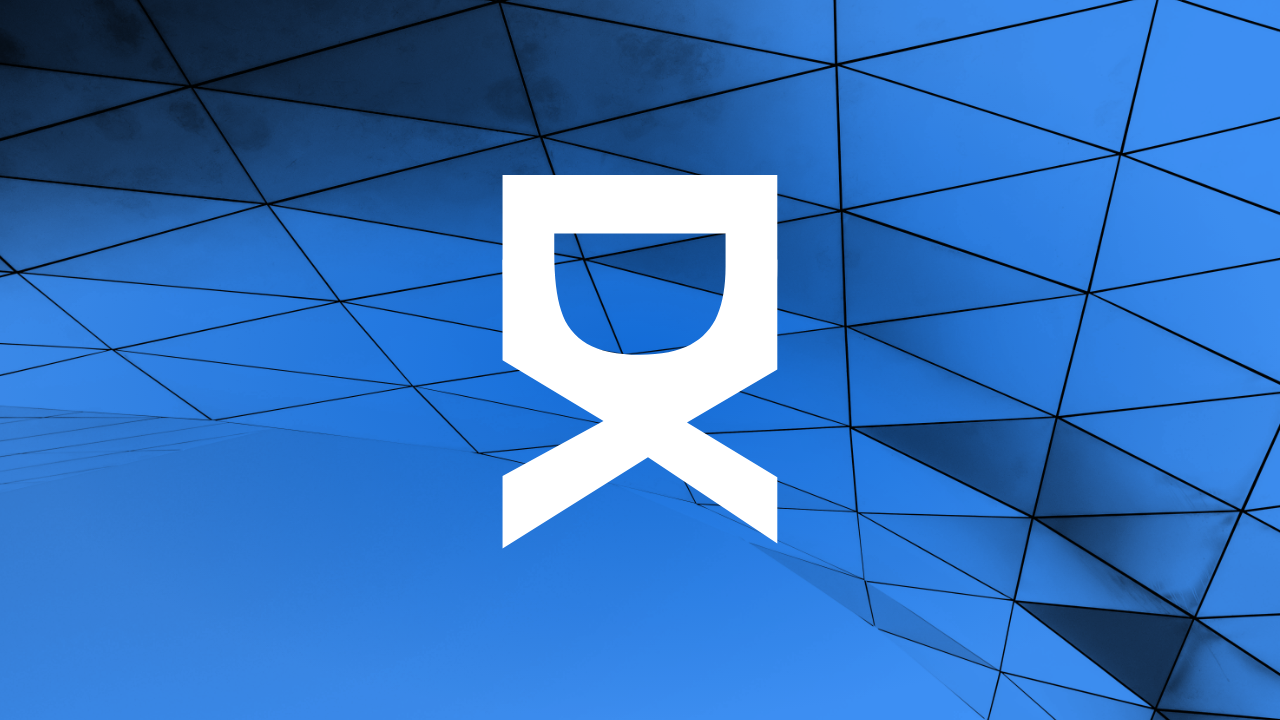The Ultimate Guide to Essential Tools and Software for Game Developers
Whether you are a budding indie developer or an experienced game designer, the tools and software you employ are critical to transforming your creative visions into gripping gaming experiences. From powerful game engines to sophisticated graphics design software, the digital realm offers a wide array of resources. In this article, we’ll delve into the essential tools and software that game developers need to know about, ensuring they are well-equipped to bring their game development projects to fruition. This comprehensive guide will explore vital categories including game engines, graphic design tools, audio tools, and collaboration software—all indispensable for game development in today’s tech-driven world.
1. Game Engines: The Foundation of Game Development
The game engine is the core software used to create and develop video games. Selecting the right game engine can significantly affect your game's performance, design, and ultimately, success. Here are some of the top game engines you should consider:
- Unity - Known for its versatility and ease of use, Unity is favored by many developers worldwide. It supports both 2D and 3D game development and offers a vast range of features and assets in its store. Unity’s scripting is done in C#, making it accessible for newcomers and sufficiently powerful for experts.
- Unreal Engine - Renowned for its high-fidelity graphics capabilities, Unreal Engine is the go-to for developers looking to push the visual limits of their games. It uses the C++ language or its visual scripting system, Blueprints, which allows developers to craft dynamic games without extensive coding knowledge.
- Godot - An open-source engine that is gaining traction due to its robust feature set and fully integrated environment. Ideal for both 2D and 3D game projects, Godot’s scripting is done in GDScript, a Python-like language that is easy to learn for beginners.
In addition to these, other notable mentions include CryEngine, Amazon Lumberyard, and GameMaker Studio, each offering unique features that cater to different types of game development projects.
2. Graphic Design Software: Crafting Your Game's Visuals
Visual design plays an instrumental role in game development. Effective graphic design software not only enhances the aesthetics but also influences the gameplay experience. Popular graphic design tools include:
- Adobe Photoshop - An essential tool for creating and editing game textures and elements. Its advanced features allow developers to craft detailed visual assets and user interface components.
- Blender - A free, open-source 3D modeling software used for creating game assets, animations, and effects. Blender is particularly useful for indie developers or those on a tight budget.
- Maya - Widely used in the industry for 3D modeling and animation, Autodesk Maya offers a comprehensive suite of tools tailored for creating intricate animations and environments.
Combining these tools can help you create stunning visual components that can make your game stand out in a crowded market.
3. Audio Software: Getting Sound Right
Great sound design is critical for an immersive game experience. Here’s a look at sound software that can assist in creating an appealing auditory experience:
- Audacity - A free, open-source audio editing software that is perfect for basic sound manipulation and editing needs.
- FMOD - Geared more towards game developers, FMOD supports sound effect creation and audio assets integration directly into games.
- Wwise - Another powerful tool for integrating and managing game audio. It allows for complex audio sequencing and layering, crucial for dynamic sound environments in games.
These tools not only enhance the auditory experience but also allow developers to implement and manipulate sound effectively within the game’s atmospheric context.
4. Collaboration Tools: Enhancing Team Efficiency
Game development often involves teams spread across different geographies. Effective collaboration tools are paramount to streamline workflows and communication:
- Slack - An essential tool for real-time communication, file sharing, and integration with other productivity tools.
- Trello - A visual project management tool that’s great for tracking tasks and milestones in game development projects.
- GitHub - Not only for software developers, GitHub is crucial for version control and source code management, allowing teams to collaborate efficiently on project coding.
Employing these tools can significantly optimize project management and ensure that all team members are aligned and updated on the project’s progress.
Conclusion
From high-end game engines to sophisticated graphic and sound design software, to practical team collaboration tools, the landscape of game development is rich with options. Choosing the right blend of tools and software is fundamental to achieving desired results in game development. It's important to weigh each tool's capabilities against specific project needs and team dynamics. By utilizing the essential tools outlined in this guide, developers can streamline their workflows, boost productivity, and ultimately bring their imaginative gaming worlds to life.
After all, the success of game development hinges not just on creativity and innovation but equally on the efficiency and capability of the tools used. Therefore, investing time and resources in selecting the right tools will pave the way for a successful game development journey.

